Establishing a viable budget after landing your first full-time job is tricky, usually because it’s difficult to imagine exactly how many places your money has to go. You’ll soon discover, though, that without a plan, your finances can quickly run amok. Read on to help get your financial house in tip-top shape.
Budget framework
When establishing a budget, it’s a good idea to get your plan on paper. Cobalt CU offers a free downloadable budget worksheet, where you can set a budget and then track how well you stick to it.
The budget worksheet has categories for the expenses you should expect each month. Here are a few things to keep in mind as you get to work on your plan.
- Savings Before paying anyone else, you should be certain to pay yourself. The state of the economy is uncertain, and your financial situation can turn on a dime. You can help prepare for unexpected expenses with a fully funded savings account. Don’t forget about retirement funds.
- Housing Most experts recommend spending no more that 25% to 30% (at the very most) on mortgage or rent. If you are a renter, don’t forgo renter’s insurance. For a small fee (a basic policy usually runs about $15 per month), your belongings will be covered in the event of theft or damage.
- Utilities See if your gas and electricity provider has an option to even out payments throughout the year, so you can more easily budget for those bills.
- Credit cards Credit cards can be a budget buster. Use them only for things you could afford to pay for with cash. If you use a credit card, pay it off in full each month and consider one that offers some sort of reward system. (For more information about credit cards, see “Savvy advice on choosing the right credit card for you.”)
Savings tips
Pinching pennies on the basics can save you a little each month and a lot throughout the year.
- Insurance By having one company provide your car, home, and life insurance, you may qualify for a discount.
- Extras vs. necessities Your Wednesday-night show might be a staple of your routine, but the bill for them can eat up a surprising amount of your take-home pay. Be realistic about your phone, Internet, and cable needs. Can you live without some of it?
- Food Planning a weekly menu can help to drastically reduce grocery costs, and having everything you need on hand to prepare meals quiets takeout’s siren song. Using credit
card points for restaurant gift cards can also help to pad your budget a bit.
More broadly, look at each line item on your budget. Are there ways you can negotiate for lower rates on any of your bills or are there place you can trim back? The highest-dollar items are a good place to start, but the smaller expenditures can add up, too.
Adjust as necessary
Once you’ve established your budget and a new need arises (a new car or perhaps a house), it can be difficult to determine exactly what you can afford. Take advantage of Cobalt CU’s savings calculators to help you make an informed decision.
Living on a budget sounds like drudgery, but having a monetary map provides a surprising amount of freedom.
What is your best tip for eating steak on a hamburger budget?
Stretch your entertainment dollar
After all of the necessary categories have been budgeted for, there is often precious little left for having fun. Seek out free museum days, second-run movies, and high school and college theaters. Don’t forget about sites like Groupon and LivingSocial, both of which offer entertainment options for pennies on the dollar.
Download our free monthly budget worksheet today.

